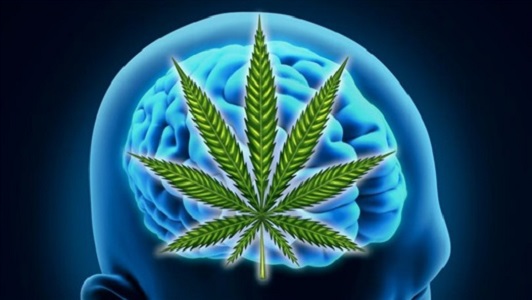

Since the legalization movement began hitting full stride, new research discoveries about marijuana’s potential health benefits have been surfacing with regularity. Among the most recent, a study shows that the psychoactive chemical in marijuana, THC (tetrahydrocannabinol), restores cognitive function in the brains of mice by rolling back the aging process.
The study builds from a theory that the brain’s endocannabinoid system (home of the receptors that THC binds to) is related to cognitive aging and decline. The older we get, the more the activity in this system slows down; our brains gradually produce fewer naturally occurring endocannabinoids. The outcomes from this slowdown aren’t entirely understood, but there’s enough evidence from animal models to suggest that it’s tied to memory loss and decreased learning ability.
"With increasing age, the quantity of the cannabinoids naturally formed in the brain reduces," quoting Professor Andreas Zimmer, one of the study’s authors. "When the activity of the cannabinoid system declines, we find rapid aging in the brain."
So, if it’s possible to somehow recharge the system, it could be possible to reverse or at least reduce the cognitive slowdown. That’s what the researchers tried with old mice, and the results were remarkable. When they studied the brain tissue and gene activity of the mice after a low-dose THC treatment, they found that the genetic signature no longer looked like that of old mice, but of very young mice. And they found increased nerve links in the brain tissue, which correlates with learning and thinking speed.
Again quoting Zimmer, “It looked as though the THC treatment turned back the molecular clock.”
Yes, these are mice and not humans, and yes, this sort of research would be difficult to perform on humans for obvious ethical reasons-but it’s still extraordinary. It sounds implausible to think that adding low doses of a chemical from a plant could reverse the brain’s aging process, but that’s exactly what this study shows glimpses of in the brain tissue of mice.
While we can’t draw solid conclusions from this study for humans, the results add to a promising list of findings that should continue encouraging cannabis research. It's imperative that that door stays open.